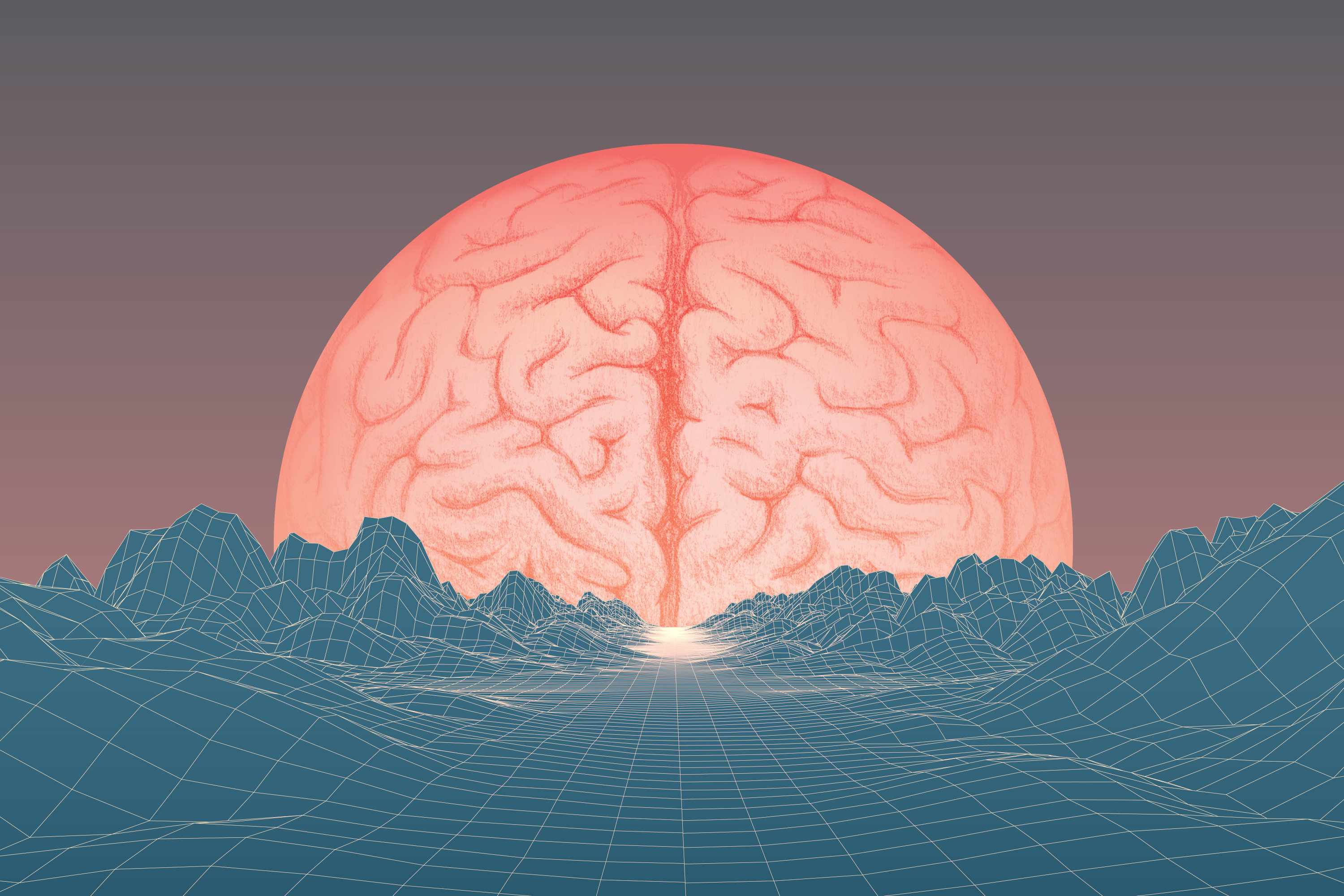Part of a series of posts for Brain Awareness Week, March 12-16.
Theoretical physicist Michio Kaku said, “The human brain has 100 billion neurons, each neuron connected to 10,000 other neurons. Sitting on your shoulders is the most complicated object in the known universe.” As long as humans have existed, people have sought to comprehend the brain. Although scholars have tried to decipher its codes for centuries, we’ve only scratched the surface.
At UConn, work with the brain spans disciplines, from psychology to linguistics to neuroscience and everything in between. In this special section, learn what UConn Health experts in neurology, physiology, gerontology, and even radiology are doing right now to further our knowledge of the brain and harness the latest discoveries and technology to improve patient care. More in the UConn Health Journal.
Dr. Alessi and the Concussion (R)evolution
3-D Printed Model Allows Brain Surgeons to Rehearse
New Epilepsy Monitoring Technology Tailors Patient Care
Pinpointing Risk Factors to Prevent Postoperative Delirium
Blood Vessels in Your Brain Don’t All Act the Same



